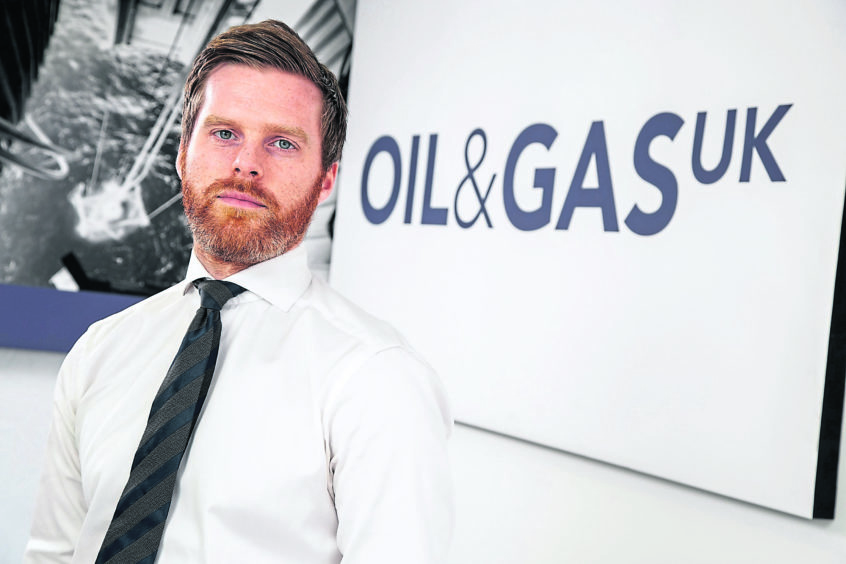
Companies are decommissioning more efficiently in the UK continental shelf (UKCS), allowing them to carry out more work for the same amount of investment.
Oil and Gas UK (OGUK) said efforts to reduce costs by collaborating and developing new technology were making headway and would slash the amount of cash the Exchequer has to return to companies.
Oil firms can claw back some of the tax paid on profits from hydrocarbon production to help take some of the sting out of costly decommissioning projects.
Forecasts for UK decommissioning expenditure have dropped to around £50bn from the £59.7bn quoted in 2017, taking the industry half way towards its 35% cost reduction target.
As a result, the projected cost to the Exchequer has been lowered to £16.8bn from £24bn.
The UK Government also introduced decommissioning relief deeds in 2013 to provide certainty about the level of tax relief companies can expect to receive.
OGUK said the scheme had given companies confidence to loosen their purse strings, unlocking investment of £6bn in the basin.
OGUK also predicted the pace of UKCS decommissioning spend would remain “steady” at around £1.5bn per year from 2019-28, the same number given for the 10-year forecast in last year’s report.
Meanwhile, industry’s ability to forecast with accuracy is improving, report authors claimed.
OGUK said £1.3bn was spent on decommissioning last year, compared to the £1.68bn predicted – a narrower gap than those seen in previous years.
Sharper forecasts are good news for oilfield service companies. A lack of clarity on operators’ spending plans has made it difficult for them to justify investment in decommissioning capability.
The closing of the gap also shows companies are sticking to their schedules and pushing less work into the future, OGUK said.
However, mergers and acquisitions have deferred some expenditure in the central North Sea, where many of the recently transferred oilfields are located.
Those include packages of assets bought from Chevron and ConocoPhillips by Ithaca Energy and Chrysaor, respectively.
The new owners want to keep the platforms running for longer, which is why expenditure in the central North Sea over the next decade will drop to 42% of the UKCS total, compared to the 48% outlined in last year’s report.
OGUK decommissioning manager Joe Leask said the report highlighted a healthy sector “well-positioned to realise some £15bn of opportunities over the next decade”.
Recommended for you

